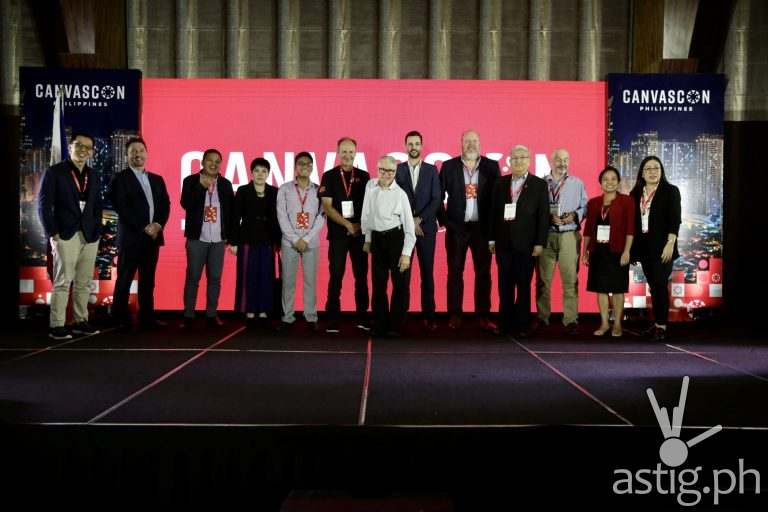Lifelong learning is crucial for preparing the Philippine workforce for the future, experts underscored during CanvasCon Philippines 2024, an annual event for the education community organized by Instructure, the leading learning ecosystem and maker of Canvas Learning Management System (LMS).
Martin Bean CBE, professor at the University of New South Wales and CEO of The Bean Centre, highlighted the global challenges of skills mismatch, deficit and redundancy during his keynote speech. Bean stressed that advances in technology, particularly artificial intelligence (AI), render many job roles obsolete and institutions must provide lifelong learning opportunities to ensure both students and workers are equipped to navigate the ever-evolving job market.
“Across the globe, including in the Philippines, the value of traditional university degrees is being questioned as technological innovation outpaces the relevance of existing qualifications,” said Professor Bean. “Embracing lifelong learning is essential to ensure individuals remain employable and competitive in this evolving landscape.”
The need for lifelong learning is made evident by significant job market shifts, with over 55% of roles expected to be impacted by AI in the coming years, according to Bean. “In a world where machines are automating many tasks, enduring human capabilities like critical thinking, creativity and emotional intelligence will stand out.”
Meanwhile, Ryan Lufkin, Vice President of Global Academic Strategy at Instructure, spoke about best practices and challenges in generative AI and the role of data and analytics in educational technology or edtech during his presentation.
According to Lufkin, while technology-enhanced learning is increasingly the norm, a sound pedagogical foundation is crucial for driving students’ learning outcomes and ensuring success. He also highlighted the importance of AI literacy among students.
“The more we help overcome the fear of AI, the more empowered we become to embrace these tools,” said Lufkin. “This helps develop a key skill in AI literacy, the ability to critically evaluate AI tools and understand which ones are appropriate for student needs.”
Lufkin also showed data from the Digital Education Council Global AI Student Survey 2024 that 58% of students feel they lack sufficient AI knowledge and skills. Furthermore, 72% agree that universities should offer more courses on AI literacy, indicating a growing need for AI education in academic curricula.
The conference also featured speakers from local universities that use Canvas LMS, including the University of Santo Tomas, De La Salle University, Ateneo de Manila University, University of the East, Holy Angel University and CIIT College of Arts and Technology. They shared how they use Canvas LMS to enhance faculty development and tailor learning strategies to address the diverse needs of their students.
Harrison Kelly, Managing Director for APAC at Instructure, concluded the conference by highlighting the vital role of edtech in providing educators with data-driven insights and ensuring students are aligned with the evolving global landscape.


